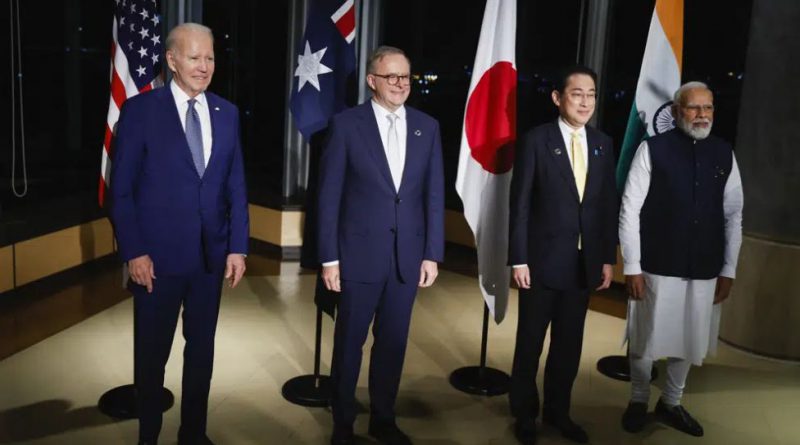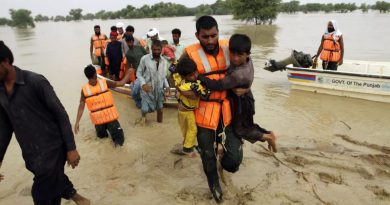Japan, Australia, US to fund undersea cable connection in Micronesia to counter China’s influence
Tokyo (AP) — Japan announced Tuesday that it joined the United States and Australia in signing an agreement on a $95 million undersea cable project that will connect East Micronesia island nations to improve networks in the Indo-Pacific region where China is increasingly expanding its influence.
The approximately 2,250-kilometer (1,400-mile) undersea cable will connect the state of Kosrae in the Federated States of Micronesia, Tarawa in Kiribati and Nauru to the existing cable landing point located in Pohnpei in Micronesia, according to the Japanese Foreign Ministry.
Japan, the United States and Australia have stepped up cooperation with the Pacific Islands, apparently to counter efforts by Beijing to expand its security and economic influence in the region.
In a joint statement, the parties said the next steps involve a final survey and design and manufacturing of the cable, whose width is about that of a garden hose. Completion is expected around 2025.
The announcement comes just over two weeks after leaders of the Quad, a security alliance of Japan, the United States, Australia and India, emphasized the importance of undersea cables as a critical component of communications infrastructure and the foundation for internet connectivity.
“Secure and resilient digital connectivity has never been more important,” Matthew Murray, a senior official in the U.S. State Department’s Bureau of East Asian and Pacific Affairs, said in a statement. “The United States is delighted to be part of this project bringing our region closer together.”
NEC Corp., which won the contract after a competitive tender, said the cable will ensure high-speed, high-quality and more secure communications for residents, businesses and governments in the region, while contributing to improved digital connectivity and economic development.
The cable will connect more than 100,000 people across the three Pacific countries, according to Kazuya Endo, director general of the international cooperation bureau at the Japanese Foreign Ministry.



